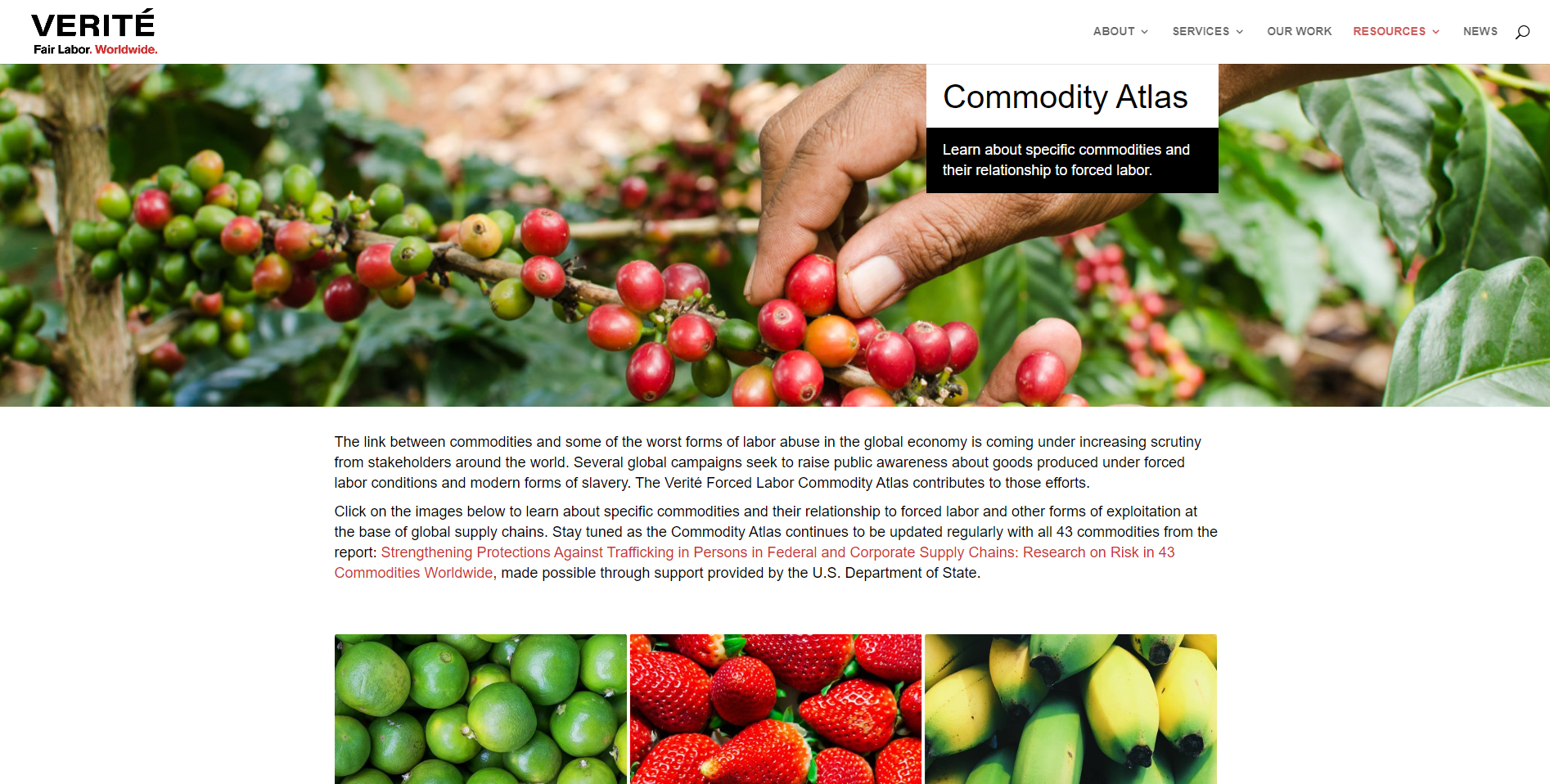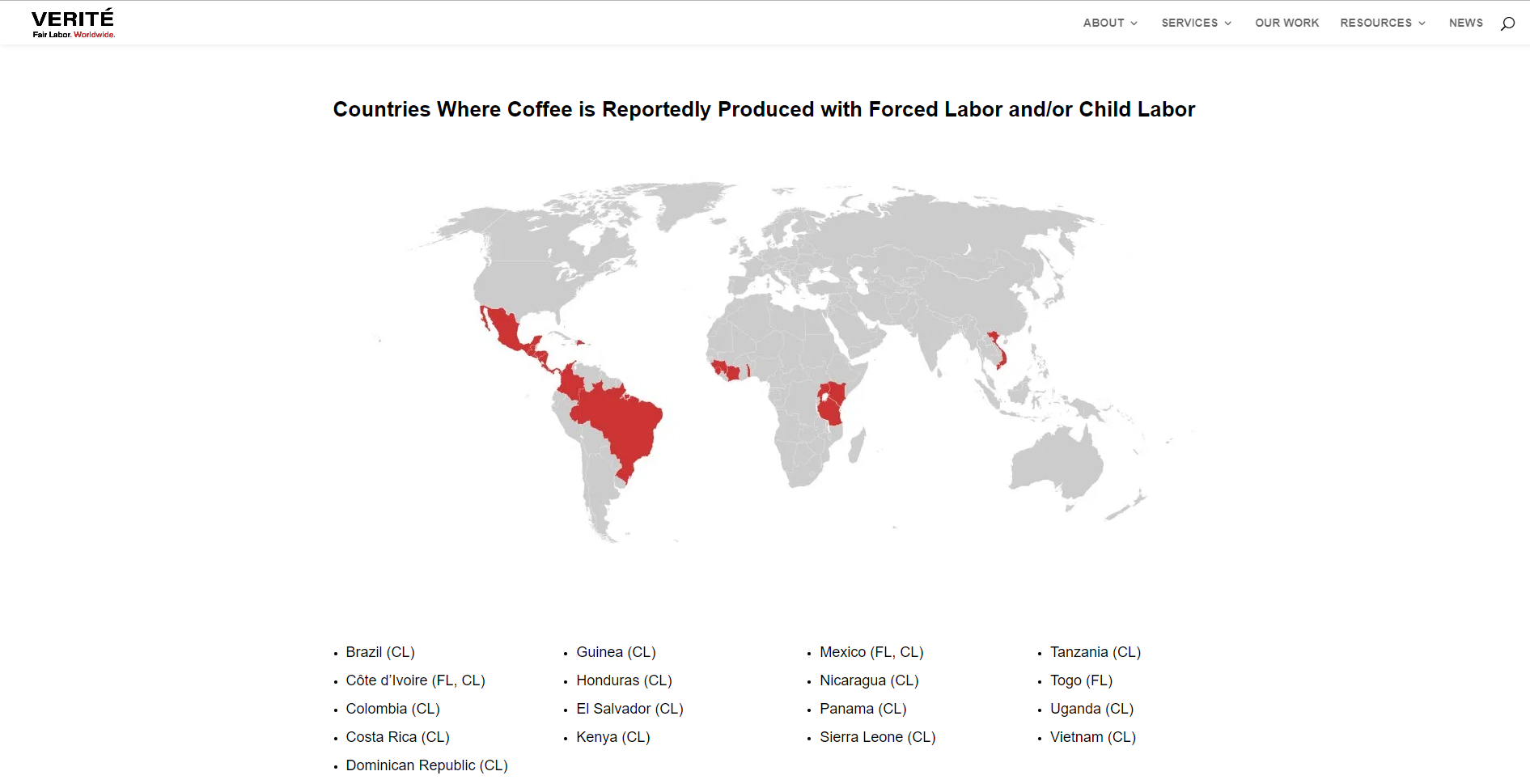83 Countries are More Ocean Than Land
Online ToolsThe 1982 UN Law of the Sea was the largest ever annexation of our planet and our ocean. In one stroke, one-third of our planet was formally designated as 'exclusive economic zones', giving coastal countries rights to 200 miles of ocean around their ...Read More



